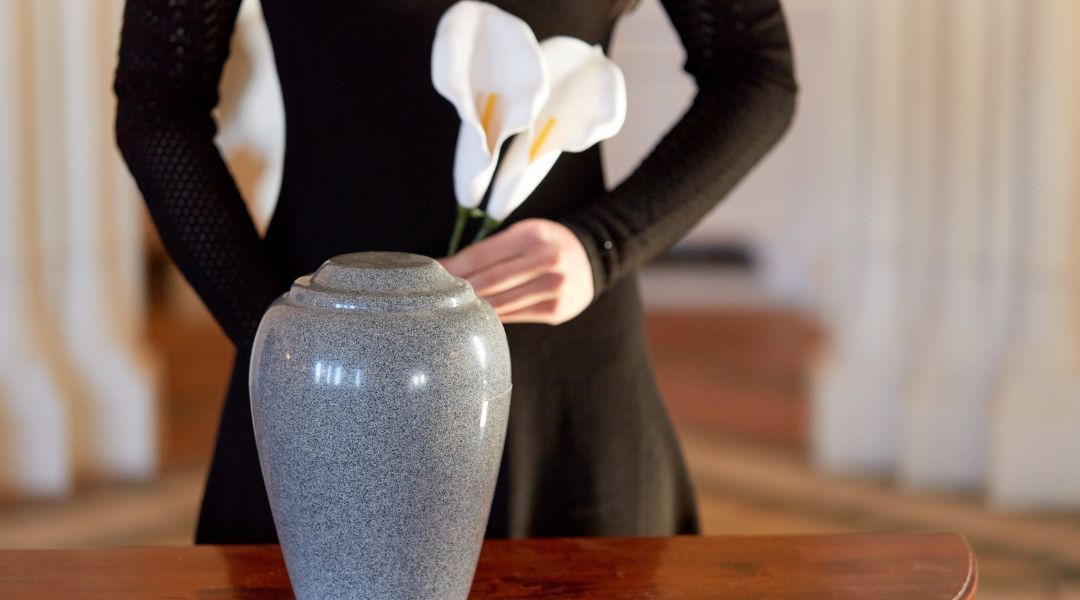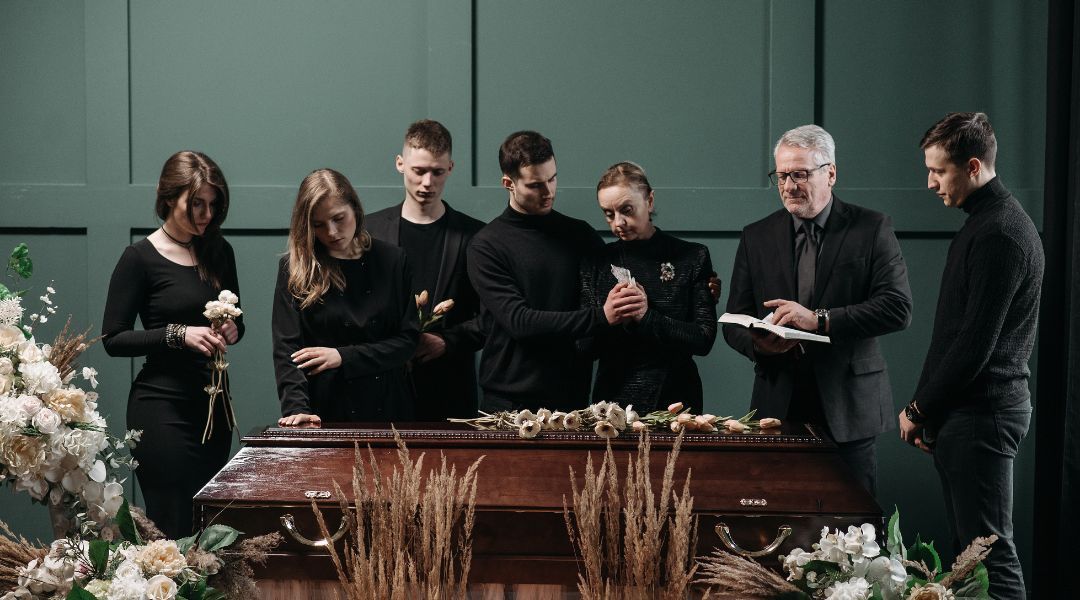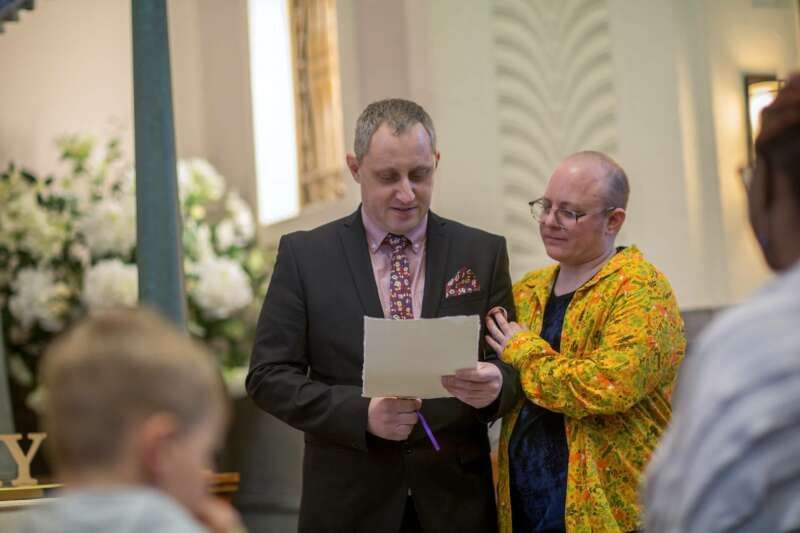A Gentle Guide to Funeral Etiquette for Attendees

A Gentle Guide to Funeral Etiquette for Attendees
Funerals offer us an intimate space to honor the memory of the departed while lending a comforting shoulder to their loved ones. They require a delicate balance of respect, understanding, and a certain code of conduct. As an attendee, appreciating and adhering to funeral etiquette can make a world of difference to those navigating the waves of grief.
Arriving with Promptness and Dressed Respectfully
Your actions at a funeral are silent but impactful ways of showing your respect for the grieving and the occasion. Punctuality and appropriate attire form the pillars of this tacit communication, fostering a respectful ambiance.
The Importance of Being Punctual
Making sure to arrive in a timely manner at a funeral not only signifies your respect for the grieving family but also allows for the smooth flow of the event. It would be helpful to familiarize yourself with the location beforehand to avoid any possible delays.
Dressing with Dignity
Choosing the right attire is an integral part of funeral etiquette. By understanding and adhering to what is appropriate, you validate your empathy for the grieving family. Black is often the traditional choice, symbolizing mourning. But other subdued colors such as dark gray, navy blue, or dark brown may also be chosen, depending on cultural and religious preferences.
Connecting with the Bereaved Family
Interacting with the family of the deceased is an essential part of attending a funeral. This interaction serves as an opportunity for you to share your condolences and offer your support. Here are some gentle guidelines to follow:
Approaching with Kindness
When you first arrive, approach the grieving family with the utmost empathy and respect, being mindful of the immense grief they are experiencing. Your intention should be to offer solace, not add to their pain.
Expressing Sincere Condolences
When you encounter the family, share your condolences genuinely and simply. Something like, “I’m truly sorry for your loss. Please know that you and your family are in my thoughts and prayers,” can express your sentiments aptly.
Leaving Thoughtful Notes in Memory Books or Cards
Writing in memory books or on cards can provide a lasting source of comfort for the family. By understanding funeral etiquette, you can craft messages that deeply resonate.
Communicating Your Sympathy
Start your message by sincerely expressing your condolences. Acknowledge their loss and reassure them of your shared sorrow. For instance, “I’m profoundly sorry for your loss. Please know that you and your family are in my thoughts and prayers during this difficult time.”
Sharing Treasured Memories
Recalling a cherished memory or a unique moment you shared with the departed can bring solace to the grieving family. It reaffirms the positive influence their loved one had on others’ lives. A message such as, “I will always remember the laughter and joy your loved one brought into our lives. Their infectious smile brightened every room they entered.” This can be comforting.
Additional Acts of Comfort and Support
Beyond the basic funeral etiquette, there are other ways you can support the grieving:
Lending an Ear
Grief can be overwhelming, and often, those grieving just need someone to listen. Be there for them, offering an empathetic ear devoid of judgment or interruption, allowing them to process their emotions.
Offering Practical Assistance
During this emotionally taxing period, everyday tasks can become burdensome. Offering help in areas such as cooking, running errands, taking care of household chores, or handling funeral arrangements can be tremendously helpful.
Being Present at a Visitation or Wake
If you are invited, attending the wake or visitation demonstrates your support. Always remember to adhere to the funeral home’s guidelines and respect the family’s wishes while offering your condolences and sharing memories.
Checking In After the Funeral
The time following the funeral can be particularly challenging for the bereaved. Regular check-ins, whether through calls or visits, show that your support extends beyond the funeral.
Respecting Privacy and Boundaries
While offering support is vital, it’s equally important to respect the bereaved’s privacy and personal boundaries. Everyone’s grieving process is unique, and some may prefer more solitude or limited social contact. Being sensitive to these needs and offering support in a manner they find comforting is key.
Contributing to a Cause
In some instances, the family may request donations to a preferred charity or cause instead of flowers or other traditional offerings. Honoring the deceased through such contributions not only commemorates their lives but also supports a cause they cherished.
In summary, being there for the bereaved is a continuous process that extends beyond the funeral service. Adherence to funeral etiquette, such as prompt arrival and dignified attire, sets the tone for expressing respect and empathy. Through empathetic listening, practical assistance, thoughtful messages, attending visitations, post-funeral follow-ups, respecting privacy, and charitable contributions, you can offer meaningful support during this difficult time.
The post A Gentle Guide to Funeral Etiquette for Attendees appeared first on Cunningham Turch Funeral Home.










